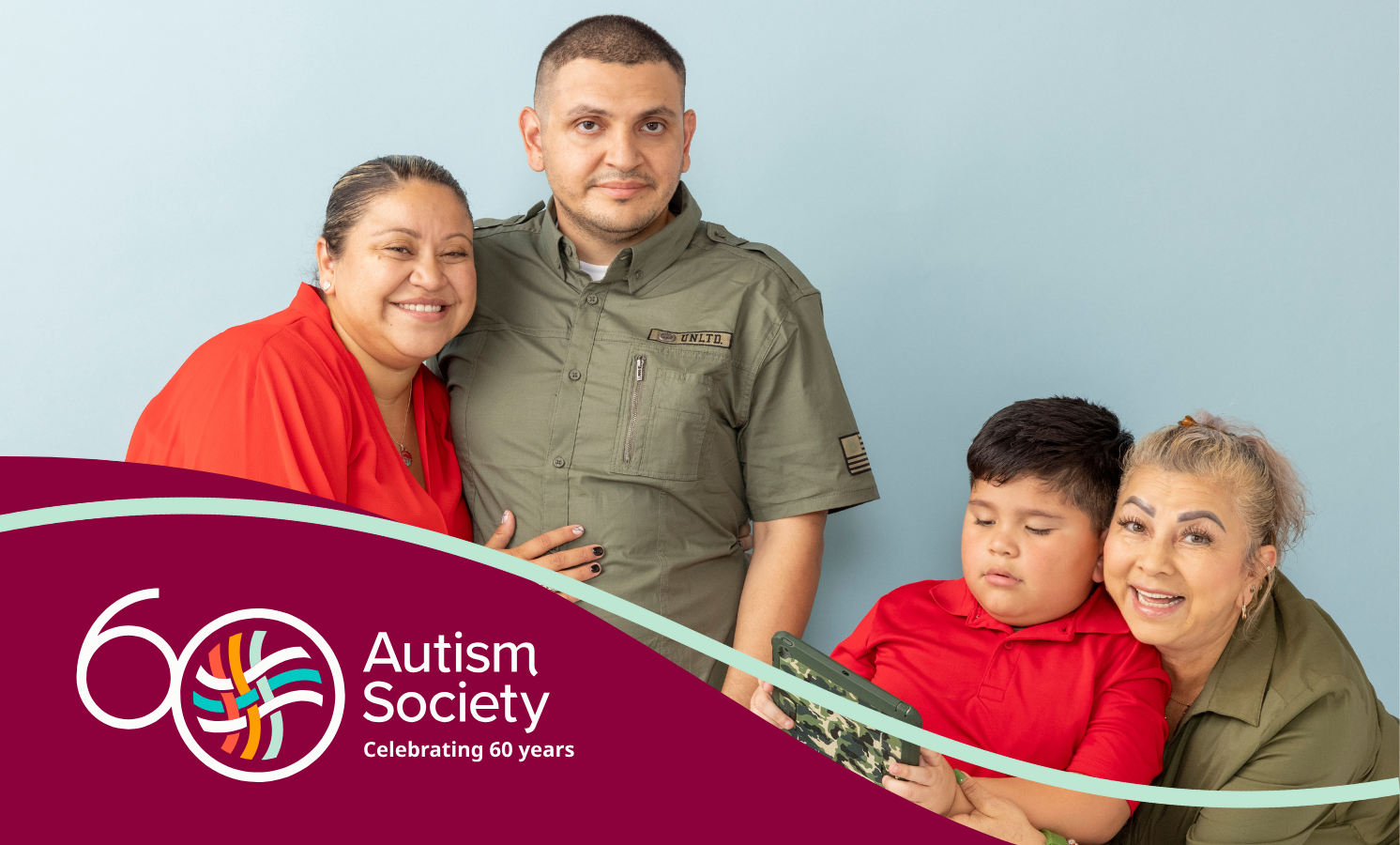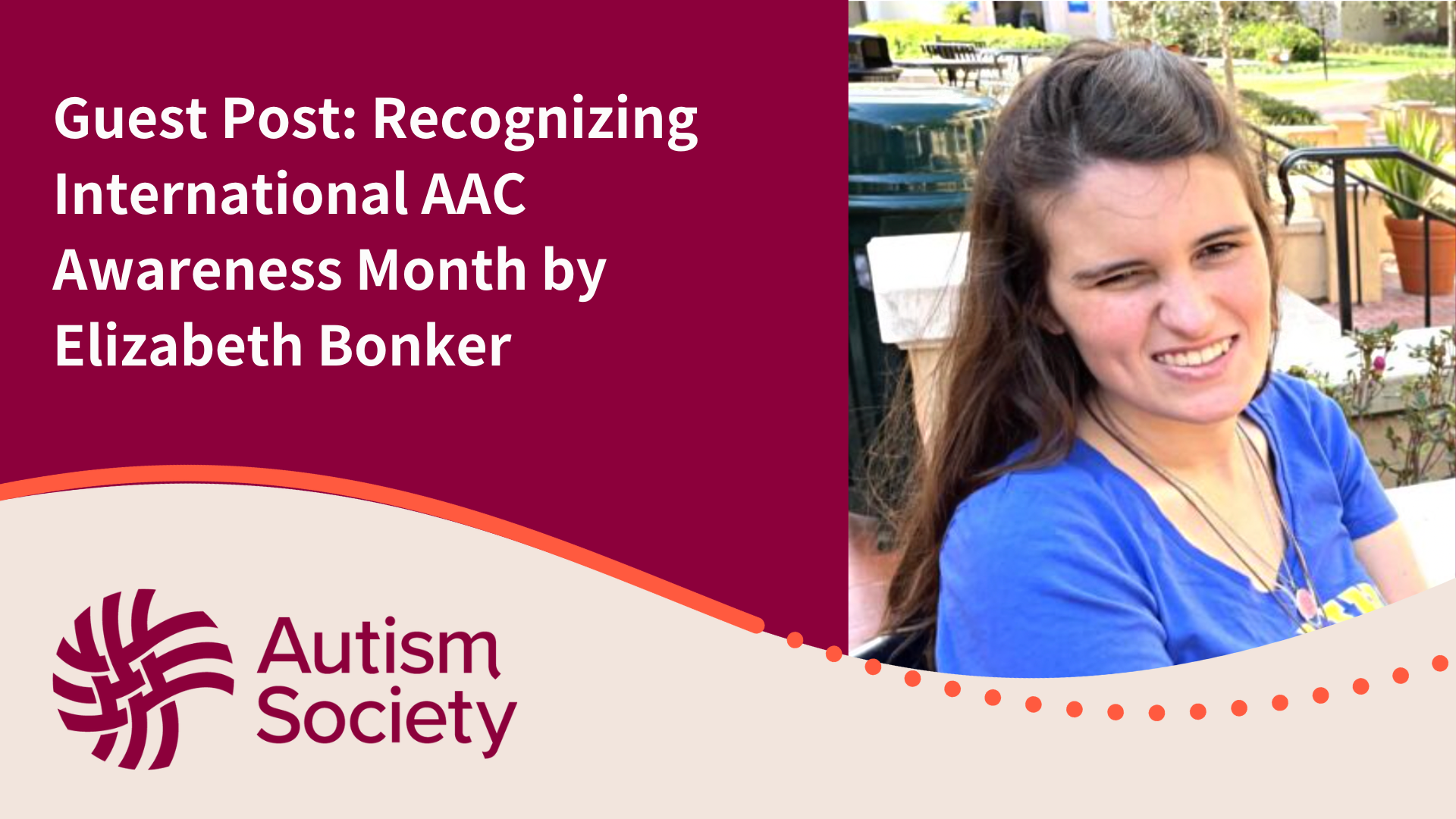
In this issue of Capitol Connection, see a table showing proposed funding in the House funding bill, a BIG win on the push to ban electric shocks as behavioral treatment, direct support professional legislation, international news, and Department of Justice rulings. The Autism CARES Act must be reauthorized by September 30. Use the Autism Society’s Action Center to educate your Members of Congress about continuing this law (see previous issue of Capitol Connection for the current status).
House Appropriations
The House Appropriations Committee passed a bill on July 10 to fund the Departments of Labor, Health and Human Services (L-HHS-ED) for Fiscal Year 2025 FY25. The bill report language can be found here. Two separate summaries were developed. One summary was developed by the majority (Republicans); another summary was developed by the minority (Democrats). The Autism Society is still reviewing the bill. At first glance, we are disappointed to see significant cuts to programs within the CDC that support drowning prevention and suicide prevention. There are also cuts to maternal and child health and Kevin and Avonte programs. We are also analyzing a proposal to consolidate NIH institutes and their impact on funding. See the table below for more details. The Senate is expected to release its bill by the end of July. Watch for further analyses in future editions of Capitol Connection.
| Table Comparing Appropriations for FY 24 to FY 25 for Programs within the L-HHS-ED and DOJ bills (in millions) | |||||
| President FY 2024 Request | Final FY 2024 | President FY 2025 Request | House FY 2025 Request | House FY 2025
v Final 2024 |
|
| Labor, Health and Human Services, Education, and Related Agencies | |||||
| Health Resources and Services Administration (HRSA) | |||||
| Maternal and Child Health Block Grant | 937.0 | 814.0 | 937.0 | 803.0 | -11.0 |
| Autism and other DD (Includes LEND) | 57.0 | 56.0 | 57.0 | 57.0 | +1.0 |
| Administration for Community Living (ACL) | |||||
| Protection and Advocacy | 60.0 | 45.0 | 45.0 | 45.0 | 0 |
| DD Councils | 82.0 | 81.0 | 81.0 | 81.0 | 0 |
| University Centers | 46.0 | 43.0 | 43.0 | 43.0 | 0 |
| Projects of National Significance | 16.0 | 12.0 | 15.0 | 12.0 | 0 |
| Lifespan Respite | 14.0 | 10.0 | 10.0 | 10.0 | 0 |
| Centers for Disease Control and Prevention (CDC) | |||||
| Center on Birth Defects and DD (NCBDDD) | 223.0 | 206.0 | 206.0 | 206.0 | 0 |
| Injury Prevention and Control | 1,352.0 | 761.0 | 943.0 | 0.0 | -761.0 |
| —Vaccines for Children | 6,002.0 | 5,815.0 | 8,040.0 | – 5,815.0
|
|
| Drowning Prevention | 2.0 | 2.0 | 2.0 | -2.0 | |
| Suicide Prevention | 49.0 | 30.0 | 68.0 | -30.0 | |
| 988 Behavioral Health Hotline | 836.0 | 520.0 | 602.0 | 520.0
|
0 |
| National Institutes for Health | |||||
| NICHD
|
1,749.0 | 1,759.0 | * | ||
| NIMH | 1,949.0 | 2,188.0 | * | ||
| Department of Education | |||||
| IDEA Part B | 16,259.0 | 14,214.0 | 14,394.0 | 14,239.0 | +25.0 |
| Part C Early Intervention | 932.0 | 540.0 | 545.0 | 540.0 | 0 |
| Preschool Grants | 502.5 | 420.0 | 425.0 | 420.0 | 0 |
| State Personnel Development | 53.6 | 38.6 | 38.6 | 38.6
|
0 |
| Technical Assistance | 55.5 | 39.0 | 45.0 | 39.0
|
0 |
| Personnel Preparation | 250.0 | 115.0 | 125.0 | 115.0
|
0 |
| Parent Information Centers | 49.0 | 33.0 | 33.0 | 33.0
|
0 |
| Education technology | 41.5 | 31.4 | 31.4 | 31.4 | 0 |
| Postsecondary Program for ID | 15.0 | 13.8 | 13.8 | 13.8 | 0 |
| Supported Employment | 22.5 | 22.5 | 22.5 | 22.5
|
0 |
| Department of Justice | |||||
| Kevin and Avonte’s Law | 3.0 | 3.0 | 3.0 | 2.0 | -1.0 |
*The House Appropriations Committee proposed funding for the 15 new institutes consolidated from the current 27 as was envisioned in the House Energy and Commerce framework. This proposal combines the National Institutes of Child Health and Human Development (NICHD) and the National Institute on Deafness and Other Communication Disorders (NIDCD) into a National Institute for Disability-Related Research.
**Some House final FY25 numbers may change through amendments during committee.
Coalition for Health Funding Sends FY25 NDD Letter to Congress
The Autism Society signed onto a letter prepared by the Coalition for Health Funding and over 1,000 partner organizations urging Congress to provide sufficient funding for non-defense discretionary programs supporting research, education, employment, and disability support programs. The letter argues that reducing funding from FY24 levels won’t significantly impact the national debt but will harm security, economic strength, and essential services. The letter also urges Congress to avoid adding controversial policy amendments that make it harder to pass bills.
CCD SSI Senate Hearing Testimony
The Consortium for Constituents with Disabilities submitted written testimony for the record ahead of a Senate Finance Committee hearing on Social Security Benefits. The testimony called for eliminating the harsh work disincentives that impact “Disabled Adult Child (DAC)” beneficiaries, removing barriers to work by updating SSI asset and income limits and updating overpayment policies to encourage work.
Electric Shock Treatment Amendment
On June 7 the House Subcommittee on Agriculture, Rural Development, Food and Drug Administration, and Related Agencies added a provision to its funding bill. If this sentence remains it would mean that the Judge Rotenberg Center can continue to use the electric skin-shock device (ESD) called the graduated electronic decelerator (GED). The FDA decided to ban the devices after six years of careful study, after convening a panel of experts to seek clinical and scientific opinion on the risks and benefits of using electric shock for behavior control. Based on clear evidence, the FDA determined these devices present an unreasonable and substantial risk of illness or injury that cannot be corrected or eliminated by labeling. The full Appropriations Committee marked up the bill on July 10.
The Autism Society worked in coalition with other Autism and developmental disability groups to successfully advocate for the elimination of the amendment in the funding bill and ban the use of ESDs. A manager’s amendment included the removal of the provision. Attention to this painful issue was brought up in the opening remarks of the markup of Ranking Member DeLauro (D-CT) and Representatives Pingree (D-ME) and Wasserman-Schultz (D-FL). Subcommittee Ranking Member Bishop (D-GA) highlighted in his remarks on the Manager’s amendment that the rider was removed and praised the disability community’s efforts to educate the Committee members. The manager’s amendment passed with bipartisan support. See more in our Press Release. The Autism Society also signed a CCD letter urging the Appropriations Committee to remove the amendment. Thanks to those who wrote letters to their members of Congress educating them on this issue using our Action Center. This victory demonstrates the power of collective action!
Direct Support Professional Bill Markup
The House Education and Workforce Committee marked up and passed the Recognizing the Role of Direct Support Professionals Act (H.R. 2941). The House Committee passed the bill with a change of 60 days instead of 30 days for the Office of Management and Budget to report back to Congress on the classification changes. This bill will next go to the House Floor for passage and will have to be conferenced due to the difference from what was passed unanimously by the Senate in March. The bill creates a standard occupational classification (SOC) for direct support professionals (DSP). A unique SOC for DSPs would help states and the federal government collect data on demographics and turnover rates. This, in turn, will help inform policies to address the workforce shortage. A DSP SOC will also help states more accurately set rates, which could positively impact DSP wages. The Autism Society has been meeting with Members of Congress to educate them about this issue.
Support for Alleviating Barriers for Caregivers Act Letter
The Autism Society of America joined over 80 other organizations in a letter to Senators Markey (D-MA) and Capito (R-WV) and Representatives Cammack (R-FL) and Magaziner (D-RI) expressing support for the bipartisan Alleviating Barriers for Caregivers (ABC) Act (S. 3109/H.R.8018). The letter emphasizes the important role of family caregivers in supporting loved ones across generations, discussing their enormous unpaid contributions and the challenges they face when it comes to caregiving responsibilities. The ABC Act would work to simplify administrative processes for caregivers by reviewing determinations and application procedures, increasing access to benefits.
International Rights
The Autism Society of America participated in the 17th session of the Conference of State Parties (COSP17) to the Convention on the Rights of Persons with Disabilities (CRPD) at the United Nations Headquarters in New York from June 11 to 13, 2024. The theme was “Rethinking disability inclusion in the current international juncture and ahead of the Summit of the Future.” Sub-themes included international cooperation for technology innovation (co-chaired by Sri Lanka), persons with disabilities in emergencies (co-chaired by Georgia) and promoting the rights of persons with disabilities to decent work (co-chaired by Greece). There were also side events focused on Autism.
CMS Open Door Forum
The next Centers for Medicare and Medicaid Services (CMS) Long-Term Services and Supports Open Door Forum will be on Tuesday, July 30 from 2:00 to 3:00 PM EST. The forum will have opening remarks by Alissa Debby, Director of the Medicaid Benefits and Health Program Group, and will be moderated by Jill Darling from the CMS Office of Communications. The session will spotlight updates on the home and community-based services (HCBS) provisions in the Ensuring Access to Medicaid Services Final Rule. Viewers will have the opportunity to provide input during the Q & A session. Register in advance here.
Justice Corner
Senators Demand DOJ Transparency on ADA Mediation Program
Senator Tammy Duckworth (D-IL), along with Senator Dick Durbin (D-IL) and Bernie Sanders (I-VT), is urging the Department of Justice (DOJ) to increase transparency and update its Americans with Disabilities Act (ADA) mediation program. The program helps resolve disputes between disabled individuals and public establishments and does not require formal litigation. Duckworth emphasized the need for support when disability rights are violated and called for more frequent updates to increase program effectiveness.
Justice Department Reaches Settlement to Address Discrimination in Kansas
The U.S. Department of Justice reached a settlement with Wichita Public Schools, Kansas’ largest school district, addressing race and disability discrimination. The investigation shed light on the fact that Black students and Black girls face harsher discipline than their white peers who display similar behaviors. Additionally, students with disabilities were subject to improper seclusion and restraint. Important terms of the settlement include revising practices to prevent discrimination, end seclusion, reform restraint practices, and improve services for students with disabilities. The settlement symbolizes a commitment to ensuring a safe and equitable environment for students.
Share:





